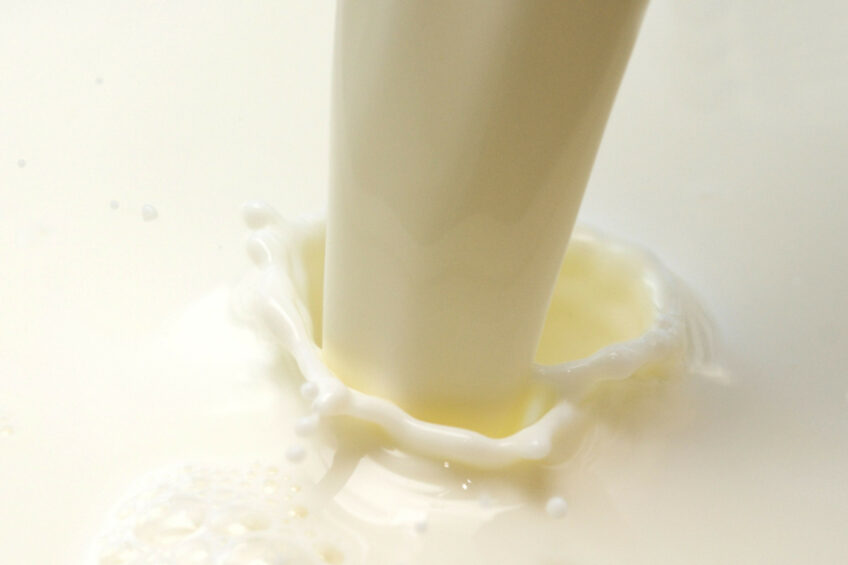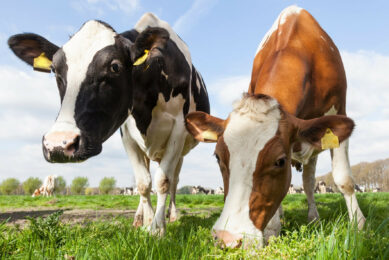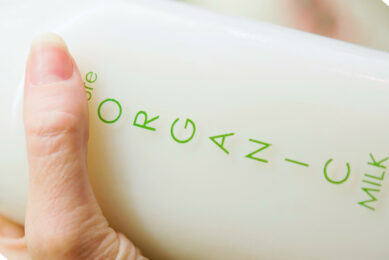Lactalis needs 450 million litres less from French dairy farmers

Lactalis, the largest dairy company in the world, needs 450 million litres milk per annum less from its French suppliers. That is almost 9% of the 5.1 billion litres of French milk Lactalis currently processes annually.
The union of French dairy farmers FNPL as well as the farmers unions are furious. “That Lactalis dumps its loyal suppliers is unacceptable and unworthy of the market leader. We have one simple question: how can dairy farmers in our country still have confidence that their milk will be collected,” the FNPL says in a long statement. “This is a betrayal of our farmers – if you supply milk to the largest processor in the world, you should be able to trust that you’re safe,” the national farmers organisation FNSEA said.
Focus on higher-value products
Lactalis, which has dairy factories in dozens of countries, wants to concentrate more on higher value products for the French consumer market, like cheese or yoghurts, instead of bulk commodities which it has to sell on the world market.
“The valuation of excess milk is often very weak and subject to volatility and unpredictability on the international markets,” said the director of milk procurement, Serge Moly, adding, “We also experience severe competition from countries like New Zealand. For consumer products, we can get higher prices which ultimately benefits our dairy farmers too.”
To soften the blow, the company wants to spread the reduction over the coming years until 2030, although some 270 farmers will see their milk contracts stopped in 2026.
A ‘betrayal’ of French dairy farmers and consumers
Lactalis has to pay higher prices for French milk since it reached an agreement with its producer organisation Unell this spring. That agreement followed months of difficult negotiations and the interference of the official mediator for the French dairy market. The FNPL accuses Lactalis of preferring cheaper milk from abroad over French milk. “With this announcement, Lactalis confirms again its strategy of some of the lowest milk prices and a preference to get milk from elsewhere. They betray both our French dairy farmers and the consumer who is looking for French produce.”
Unell chairman, Yohan Serreau, says the announcement didn’t come out of the blue completely. “The owner and CEO Emmanuel Besnier personally told us about such cuts during the cattle fair Salon de l’Elevage in April. However, he also promised to discuss all further modalities with us as an organisation – things like the timetable, the geographical spread and compensation. Unfortunately and characteristically, they decided to unilaterally make the announcement now.”
Unell has now asked that farmers, particularly those whose milk contract will be cut in 2026, be given more time to adjust and to find a new buyer for their milk. FNPL agrees: “Every dairy farmer in France should have confidence that his or her milk will be collected. We have to ensure that milk production in our country can maintain its current level.”










